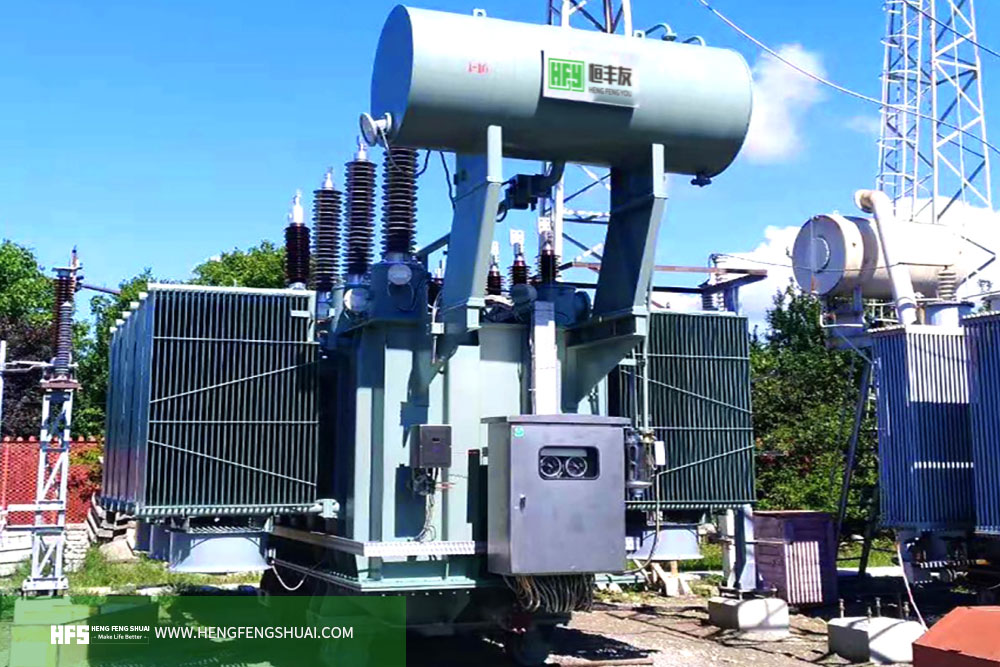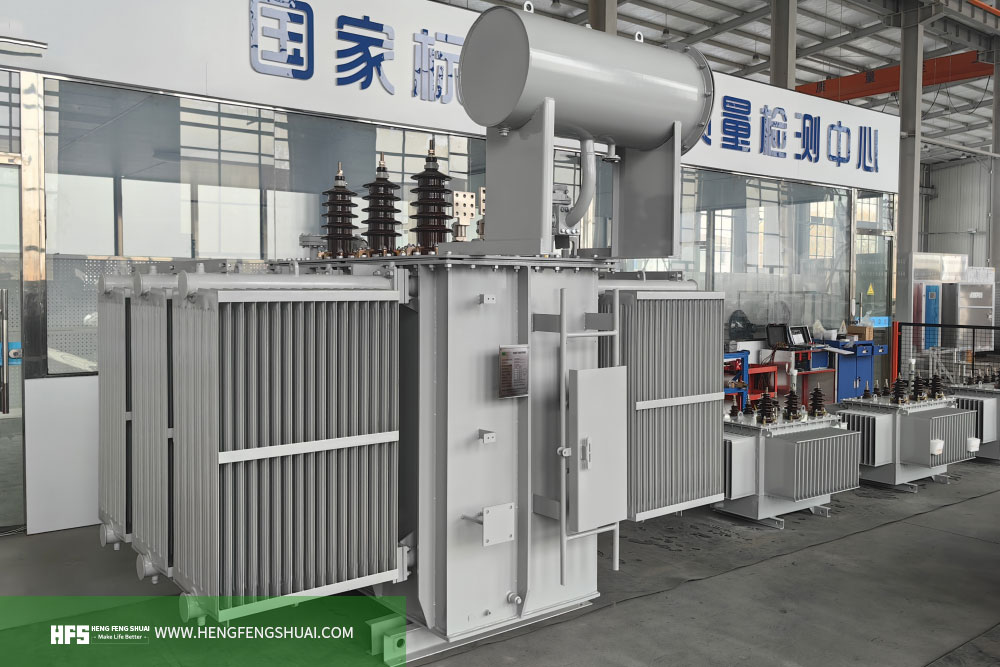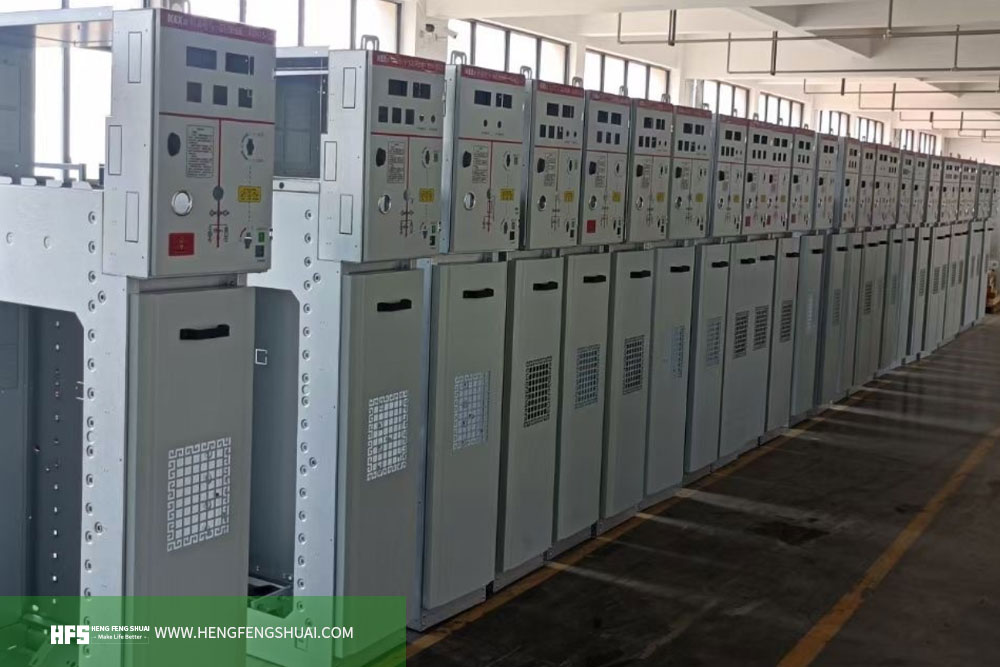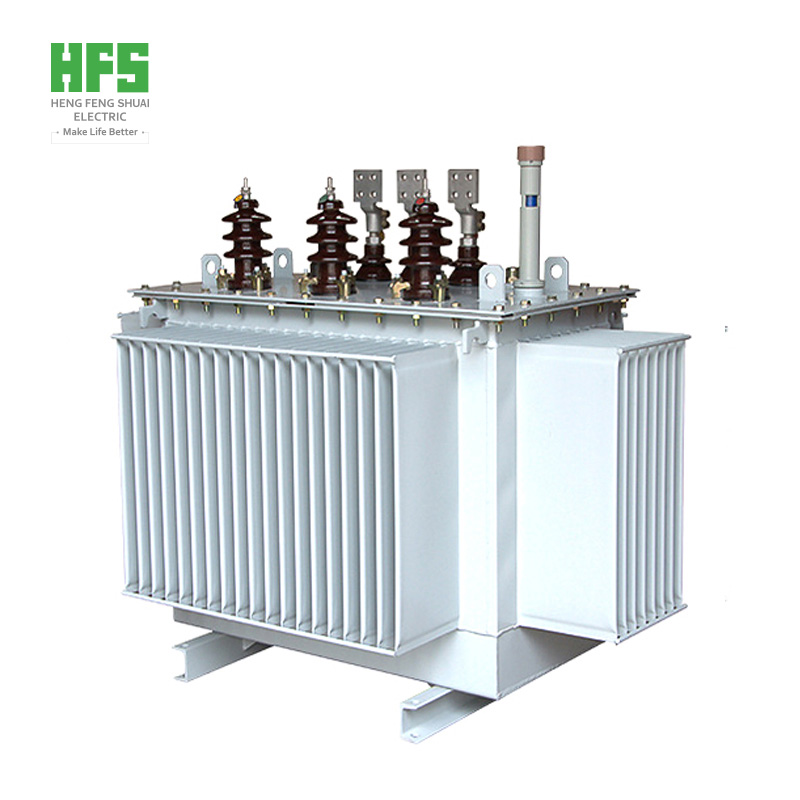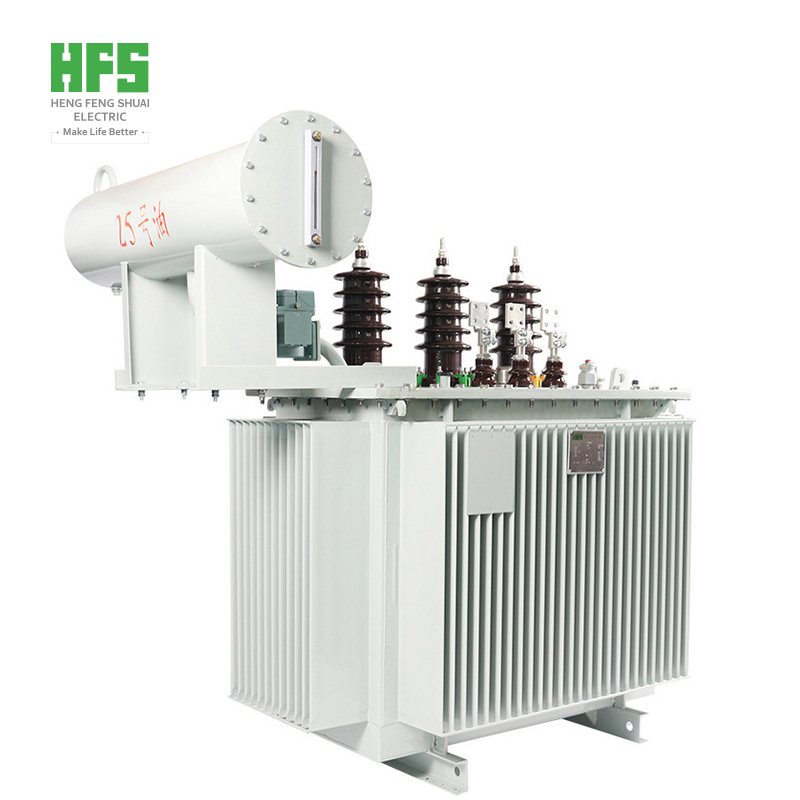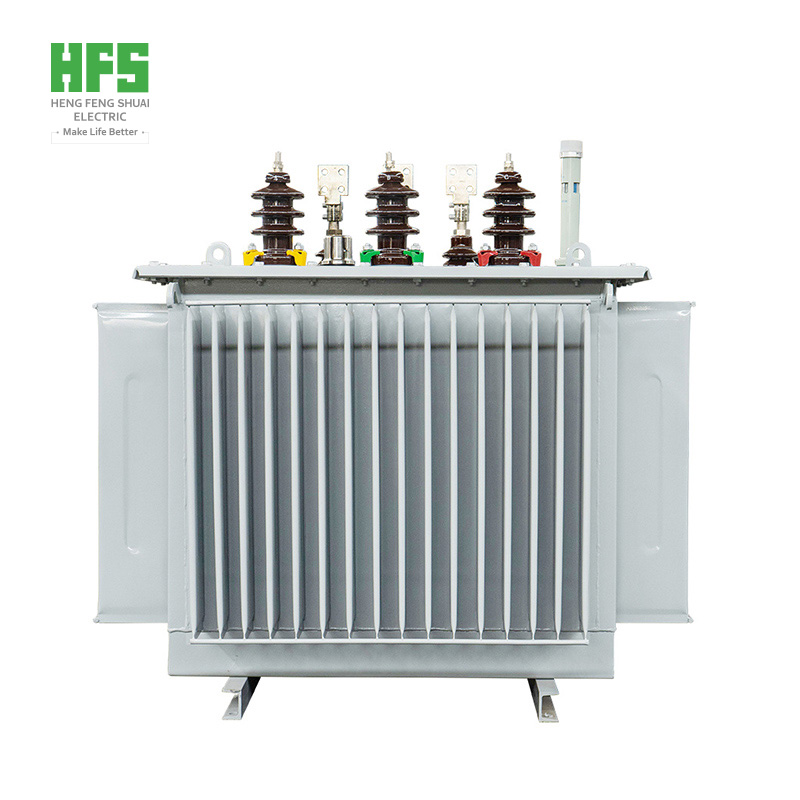It will be almost a year since the EU announced its power grid upgrade and renovation plan on November 24, 2023. How is the project progressing so far? Martin from Hengfeng Shuai Electric believes that Europe is facing congestion caused by outdated power grids and the integration of new energy sources, with 40% of the continent's distribution networks having been in use for over 40 years. On November 24, 2023, the European Commission will develop a € 584 billion (approximately RMB 4.55 trillion) plan to comprehensively upgrade the European power grid until 2030 to cope with more renewable energy access. The announced action plan. It involves preparing transmission and distribution networks to adapt to the growing share of renewable energy. The EU's previous goal was to increase the proportion of renewable energy in total energy from the current 22% to 42.5% by 2030. In Europe's plan to expand investment in the power grid, 400 billion euros will be invested in the distribution network, including 170 billion euros for digital construction (smart meters, digital operation of the power grid, advanced metering systems). The investment scale is huge and has been repeatedly proposed with strong certainty. With the increasing recognition of Chinese products in the European market, China's high-end electrical equipment is entering a development period from scratch when going global. Martin from HengfengShuai Electric believes that for the European market, Chinese companies can focus on areas such as power grid main transformers, distribution transformers, switches, converter valves, and intelligent equipment

The International Energy Agency (IEA) has released a report stating that if countries want to achieve their climate goals and maintain energy security, investment in the global power grid must double to over $600 billion per year. This article will provide a detailed analysis of the project background, main content, expected impact, and challenges faced by Martin from HengfengShuai Electric.
I. Background of the EU Power Grid Upgrade Project
1. Energy transition demand: With EU member states committing to reducing greenhouse gas emissions and gradually phasing out fossil fuels, the transition to renewable energy has become an inevitable trend. However, the existing power grid system cannot fully meet the demand for large-scale access to intermittent power sources such as wind and solar energy in terms of capacity and technology.
2. Enhancing energy security: In recent years, geopolitical tensions have led to instability in traditional energy supply, prompting the EU to seek internal network optimization to enhance energy independence and security.
3. Promoting economic growth: Investing in infrastructure construction can not only directly create employment opportunities, but also stimulate the development of related industrial chains, injecting new impetus into economic recovery.
II. Main content of EU power grid upgrade
Expand cross-border interconnection: increase the number and capacity of transmission lines between countries, form a more closely connected cross-border electricity market, and achieve optimized resource allocation.
1. Application of smart grid technology: Promote the use of advanced information and communication technology and automation equipment, build intelligent management systems, and improve the efficiency and service quality of power grid operation.
2. Energy storage facility construction: Support the construction of large-scale energy storage facilities (such as battery energy storage), solve the problem of renewable energy generation fluctuations, and ensure stable power supply. This goal requires the deployment of 200GW battery energy storage systems in EU countries
3. Upgrading of old facilities: replacing substations, main transformers, distribution transformers, and other key components that have reached their service life or are inefficient, and extending the service life of the entire network.
4. Promote digital transformation: Utilize modern information technologies such as big data and cloud computing to establish a unified data platform for monitoring and management, and lay the foundation for further development in the future.
III. Expected impact of EU power grid upgrade
1. Accelerate the green transformation process: By improving existing infrastructure conditions, more clean energy can be connected and effectively utilized, accelerating the overall transition of the EU towards a low-carbon economy.
2. Enhancing risk resistance: A more flexible and interconnected power grid can demonstrate stronger resilience in the face of natural disasters or other emergencies.
3. Reducing consumer costs: In the long run, the upgraded power grid can allocate electricity resources more efficiently, help control the upward trend of electricity prices, and alleviate the burden on households and businesses.
4. Stimulating technological innovation vitality: Such a large-scale investment will inevitably attract more enterprises and research institutions to invest in new technology research and development, driving the entire industry forward.
IV. Challenges faced by EU power grid upgrade
1. Fundraising difficulties: Despite the seemingly large total amount, how to allocate funds reasonably and ensure that all parties involved arrive on time is still a major challenge. In addition, it is necessary to consider the possibility of attracting private capital to enter.
2. Coordinate the interests of all parties: Different countries and regions may have differences in the specific implementation plan of the project, and consensus needs to be reached through negotiation.
3. Long construction period: Considering the wide scope and high technical complexity of the renovation project, it is expected that it may take several years to complete all the work. During this period, transitional measures need to be properly arranged.
4. Environmental and Social Impact Assessment: Any large-scale infrastructure construction project will inevitably cause certain interference to the surrounding environment, so it is necessary to strictly carry out preliminary research work in accordance with relevant regulations and fully listen to public opinions.
V. Conclusion of the EU Power Grid Upgrade Project
This power grid upgrade and renovation project led by the European Commission is not only a major innovation in the current energy system, but also a strategic layout for future development directions. It will not only help consolidate the EU's leadership position in global climate action, but also bring tangible benefits to the people in the region. Of course, to truly achieve the expected goals, it is necessary to overcome numerous obstacles, which not only tests the wisdom of decision-makers, but also tests the spirit of unity and cooperation among all members. We look forward to the smooth implementation and effectiveness of this plan through the joint efforts of all parties, and jointly write a new chapter in European energy.

